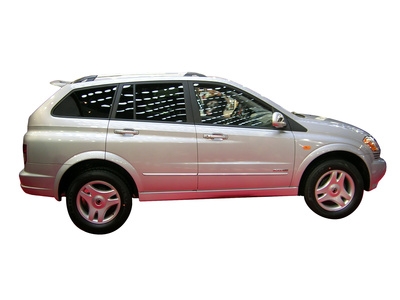
Brake judder occurs when the brakes make a rapid back and forth vibration while you're depressing the brake pedal. Although this condition might immediately strike fear into the heart of most drivers, issues such as brake juddering are commonplace. If your vehicle is experiencing brake juddering, there are usually a few typical causes.
Typically, brake juddering is a sign that the brake discs have become warped. Although excessive and hard braking can cause early brake warping, it is something that occurs naturally over time with everyday use. Normally, a replacement set of brake discs will cure the issue, stopping brake juddering in its tracks.
Although replacing a warped brake disc will resolve the issue the majority of the time, there are many circumstances where the new brake disc will immediately warp again, which means something else is going on. Seized calipers can be another cause of premature brake disc warping. Sometimes caliper pistons seize, and at other times caliper sliding pins seize. Both cause an uneven force to be exerted on the brake disc, resulting in warpage. This leads to consistent brake juddering.
Brake pads can be another potential problem area. If your vehicle is outfitted with cheap or poor quality brake pads, they can quickly overheat---especially if you're prone to braking hard. When excessive amounts of heat build up in the brake pads, the discs can overheat, resulting in brake warpage.
One of the less common issues that can ultimately lead to brake juddering can be found in the hubs. If a hub warps, the attached disc will transmit the vibration, resulting in brake juddering. If there is rust present on the hub face and the disc is fitted over the top of the rust, this causes the fitting to not be secure, which can also result in vibrations being transmitted to the brakes.